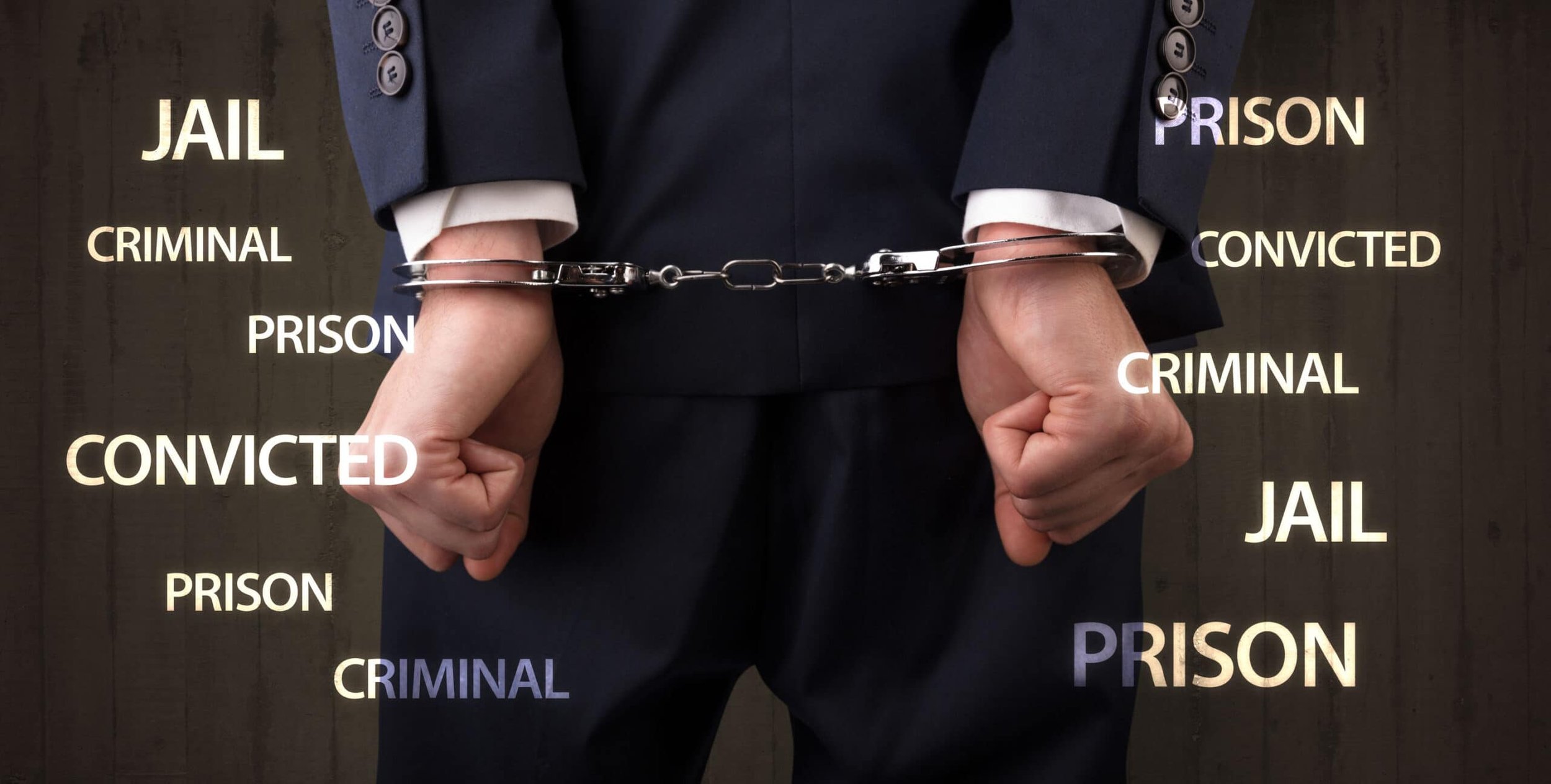Blog Post Authored by GLO Paralegal Peno McLean-Riggs
“The idea of freedom is inspiring. But what does it mean? If you are free in a political sense but have no food, what's that? The freedom to starve?”
― Angela Y. Davis
The goals of rehabilitation, reintegration and reduced recidivism so often lauded by our criminal legal system are hollow in light of the oppressive consequences accompanying a felony conviction. Felony convictions serve to deprive our most vulnerable members of society their most basic of human rights– housing, employment, the right to serve… But there’s hope!
A felony conviction in Washington State can impact housing, employment, education, and admission to armed services. However, there are laws and resources that can help reduce the negative effects of a felony conviction in Washington State.
Housing is a basic human need that everyone should be able to access. However, those with felony convictions on their record may struggle to find affordable housing. Felony convictions present more of a barrier to accessing housing than misdemeanor convictions.[1] Those with felonies on their records are generally ineligible for public housing. [2] Landlords screen potential tenants for criminal history and may deny a potential tenant’s application based on criminal history. [3] Research shows that these criminal background checks impact people of color disproportionately compared to their white counterparts. [4] In 2017, the city of Seattle addressed this issue by passing legislation which prevents landlords from denying applicants based on criminal history.[5] The Fair Chance Housing Ordinance makes Seattle a leader in housing justice. Within Seattle city limits, prior criminal convictions cannot be considered as part of a rental application. However, Seattle has the fastest growing rents in the nation. [6] Washington needs to pass state-wide legislation so that affordable housing in all areas of the state is accessible to people with felony convictions on their record.
After spending time in jail or prison, employment can be foundational in rebuilding life outside of incarceration. Employment can be difficult to find for people with a felony conviction. A study by the Society for Human Resource Management (SHRM) found that 96% of organizations would reject an application by a person with a violent felony, and 74% or organizations would reject an application disclosing a non-violent felony.[7] Washington has one of the most progressive laws in the county addressing this issue – the Washington Fair Chance Act, which prohibits employers from considering criminal history until it is established that the applicant is otherwise qualified for the position.[8] However, this does not prevent an employer from denying an applicant based on criminal history late in the hiring process. Additionally, some licenses for higher paying jobs are not available for those with a felony on their record, including plumbing, real estate and cosmetology licenses[9].
Enlisting in the military is largely inaccessible for people with serious criminal histories. Many branches of the military require a history of good moral conduct, and people with multiple misdemeanors or a felony are ineligible based on this requirement. It is possible for someone with a felony on their record to apply for a moral conduct waiver, which allows them to enroll in armed services. However, there is no guarantee that a waiver will be issued.[10] There are attorneys who work to help people with criminal histories apply for moral conduct waivers.
People convicted of a felony may also struggle to access higher education. One study found that 60-80% of public higher education institutions include criminal history questions as part of their applications, as well as 55% of private institutions. The same study indicated that 40% of community college applications also collect this type of information.[11] A study published in the Journal of Criminology found that in a sample of applications submitted to noncompetitive colleges, applicants with felonies on their records were 33% more likely to be rejected.[12] Even after acceptance, students with felony convictions face barriers to living and working on-campus.[13]
However, huge strides have been made in recent years to make college education more accessible to those with criminal history. For example, the University of Washington has stricken the question regarding criminal history from their application. Seattle Colleges do not consider criminal history as part of their admissions process. Recently, the Common Application, used by hundreds of colleges across the nation, dropped their criminal history question from their application.[14] At many colleges there are programs which help previously incarcerated students navigate higher education, like the Reentry program at Seattle Colleges. Not only do people with criminal histories deserve a fair chance when applying to higher education, but their lived experience in the criminal justice system should also be recognized and valued in the classroom.
Felony convictions can have long-reaching effects on a person’s life. The ability to work, live in affordable housing, access higher education, and enlist in the military can be negatively impacted by a felony conviction. However, many community organizations continue to zealously advocate for people with criminal histories to have a fair chance outside of prison or jail. Read more about community organizations doing this work in Washington here.
[1] https://www.uscourts.gov/sites/default/files/71_1_4_0.pdf
[2] https://www.apa.org/pi/ses/resources/indicator/2018/03/prisons-to-communities
[3] https://tenantsunion.org/rights/tenant-screening
[4] https://www.nbcnews.com/news/nbcblk/seattle-s-fair-housing-law-most-progressive-country-now-landlords-n1004321
[5] https://www.seattle.gov/civilrights/civil-rights/fair-housing
[6] https://www.kiro7.com/news/local/report-shows-seattle-area-has-largest-rent-increase-nation-over-past-decade/3C4CAHGUYZFLZOOI4MRDZRG6UY/
[7] https://scholarworks.waldenu.edu/cgi/viewcontent.cgi?article=8209&context=dissertation
[8] https://www.q13fox.com/news/new-law-bans-washington-employers-from-asking-about-criminal-history
[9] https://www.washingtonpost.com/outlook/2021/08/16/employment-crisis-criminal-records/
[10] https://www.nationalsecuritylawfirm.com/complete-guide-to-moral-conduct-waivers-in-the-army/
[11] https://www.brookings.edu/research/thinking-beyond-the-box-the-use-of-criminal-records-in-college-admissions/
[12] https://www.insidehighered.com/admissions/article/2019/11/04/study-finds-noncompetitive-colleges-more-likely-reject-applicants-who
[13] https://www.americanprogress.org/issues/education-postsecondary/news/2021/04/19/497880/3-ways-biden-administration-can-give-second-chances-justice-impacted-college-students/
[14] https://justiceineducation.columbia.edu/about/news/2018/10/15/criminal-history-question-removed-from-the-common-application/


